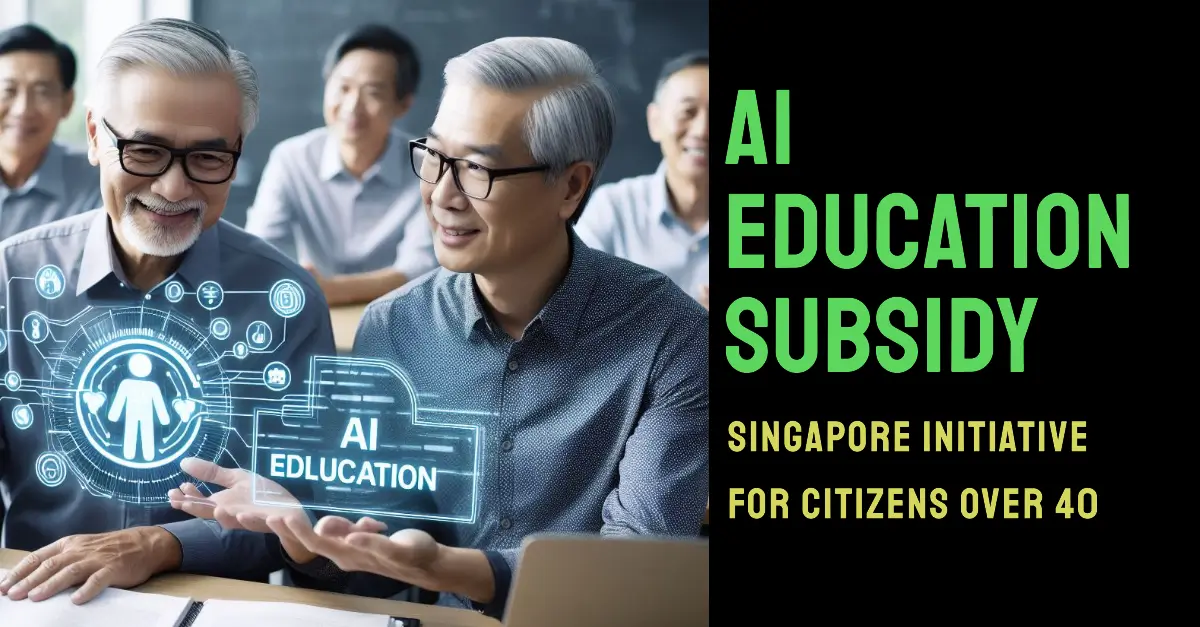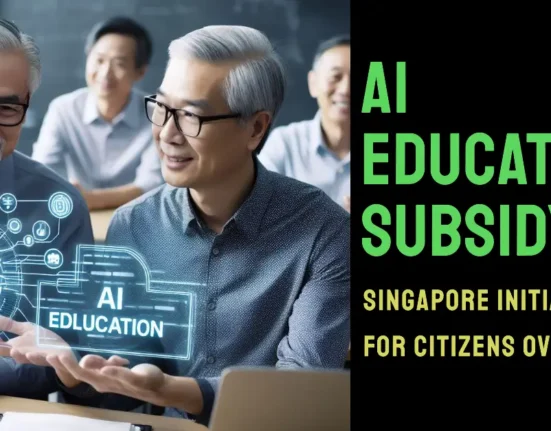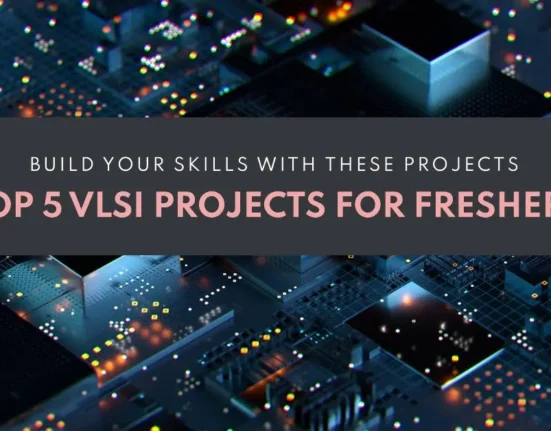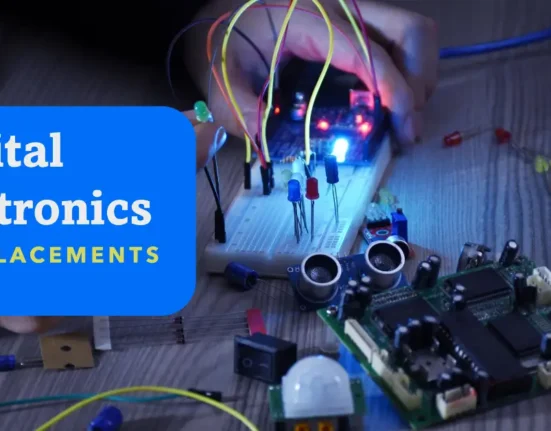In a forward-thinking move, the Singapore government recently announced a new initiative to subsidize artificial intelligence (AI) education for citizens over the age of 40. This bold program aims to equip the nation’s workforce with vital AI skills and knowledge as the technology continues its rapid advancement and integration into nearly every sector.
The world is undoubtedly entering an “AI era,” with artificial intelligence driving innovation across industries from healthcare and finance to manufacturing and transportation. AI algorithms can process vast amounts of data, identify patterns, and derive insights at an unprecedented scale and speed compared to human cognition alone. As AI capabilities expand, there is a growing need for human workers to gain literacy in this transformative technology.
- Inside AXI: The Invisible Backbone of AI Accelerators
- Carry Lookahead Adders Explained: Why Tree-Based Logic Powers Modern CPUs ?
- What Is AMBA? A Simple Guide to Advanced Microcontroller Bus Architecture for SoC Designers
- How Wind Turbines Deliver Stable 50Hz Power at variable Wind Speed?
- Disney vs Midjourney Lawsuit Could Redefine Generative AI: Wireunwired Report
Singapore’s Proactive Approach over AI Education
Singapore, a country known for its economic prowess and technological advancement, recognizes the importance of maintaining a competitive, future-ready workforce. By subsidizing AI education specifically for workers over 40, the government invests in upskilling and retraining experienced employees who may otherwise be more vulnerable to workforce displacement from automation.
Scope of subsidies: The subsidies will cover a wide range of AI-related courses, from introductory programs that build AI literacy to more advanced training in disciplines like machine learning, data science, and AI programming. Participating educational institutions will need to meet quality standards set by the government.
Impact of AI education on eligible citizens: For eligible citizens, the subsidies could cover up to 90% of course fees, removing a significant financial barrier to acquiring new skills. This opens doors for mid-career professionals across various backgrounds to embrace AI education that may have previously seemed inaccessible due to cost.

With AI increasingly automating tasks and disrupting traditional job roles, the subsidies empower workers to expand their skillsets, enhance their value in the job market, and potentially transition into AI-related vocations that are expected to be in high demand. Moreover, AI literacy fosters a workforce that can optimally collaborate with AI systems instead of being replaced by them.
Critics and Proponents over AI Education
Critics argue that the subsidies may be too narrowly focused on the over-40 demographic when AI skills will be universally crucial. However, proponents highlight that Singapore’s young students already have access to AI education through academic institutions, making this initiative complementary. The subsidies target an underserved segment of the workforce facing greater economic displacement risks.
Overall, Singapore’s AI education subsidies represent a proactive step to cultivate a society prepared for the AI-driven future of work. By investing in human capital, the nation positions itself as an AI powerhouse with a resilient, tech-savvy population capable of harnessing the immense potential of artificial intelligence.
Discover more from WireUnwired
Subscribe to get the latest posts sent to your email.





